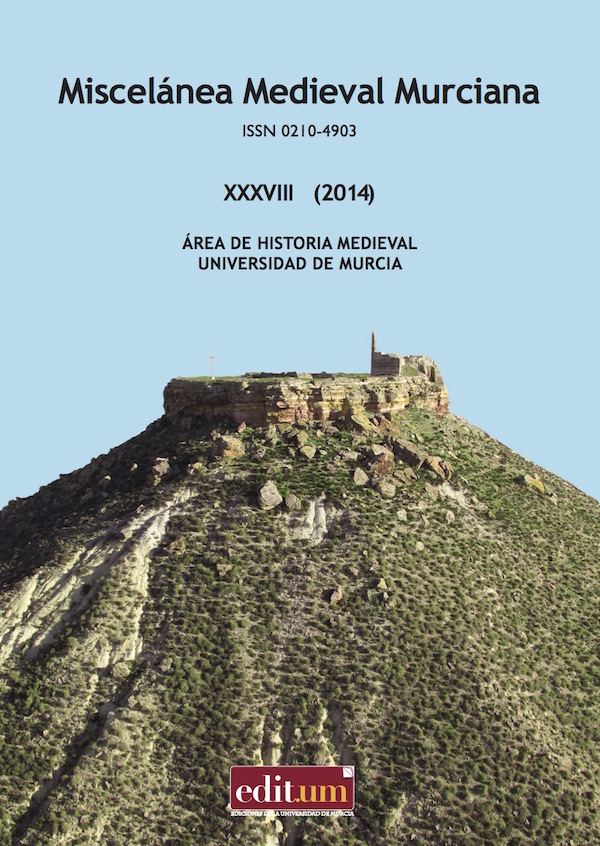Medievo digital o Medievo popular. Representaciones sociales de la Edad Media en las comunidades de gamers on line
Abstract
This study analyses the knowledge, tastes and historical interests of the users of an online strategy video game, Forge of Empires, which is set in the mediaeval period. The aim is to learn what type of historical content attracts a large number of fans of ‘historical’ video games through a qualitatitive-quantitate evaluation of the names given by the users to the alliances in which they associate themselves. In this kind of video games the players relate to each other through similar mechanisms to those used in the social networks, responding to needs of socialisation, recognition and differentiation determined by the interface. The study arises from the interest of two historians who wish to learn about the social representations of the mediaeval period that are most commonly found on the Internet, starting from them to apply possible didactic responses that could be of interest to students, go into greater detail on historical subjects and improve knowledge of the past. The results let us see that gamers seem to have a knowledge of the past linked to their preferences for historical stereotypes and formulations containing fictional parts.
Downloads
Las obras que se publican en esta revista están sujetas a los siguientes términos:
1. El Servicio de Publicaciones de la Universidad de Murcia (la editorial) conserva los derechos patrimoniales (copyright) de las obras publicadas, y favorece y permite la reutilización de las mismas bajo la licencia de uso indicada en el punto 2.
2. Las obras se publican en la edición electrónica de la revista bajo una licencia Creative Commons Reconocimiento-NoComercial-SinObraDerivada 3.0 España (texto legal). Se pueden copiar, usar, difundir, transmitir y exponer públicamente, siempre que: i) se cite la autoría y la fuente original de su publicación (revista, editorial y URL de la obra); ii) no se usen para fines comerciales; iii) se mencione la existencia y especificaciones de esta licencia de uso.
3. Condiciones de auto-archivo. Se permite y se anima a los autores a difundir electrónicamente las versiones pre-print (versión antes de ser evaluada) y/o post-print (versión evaluada y aceptada para su publicación) de sus obras antes de su publicación, ya que favorece su circulación y difusión más temprana y con ello un posible aumento en su citación y alcance entre la comunidad académica. Color RoMEO: verde.





